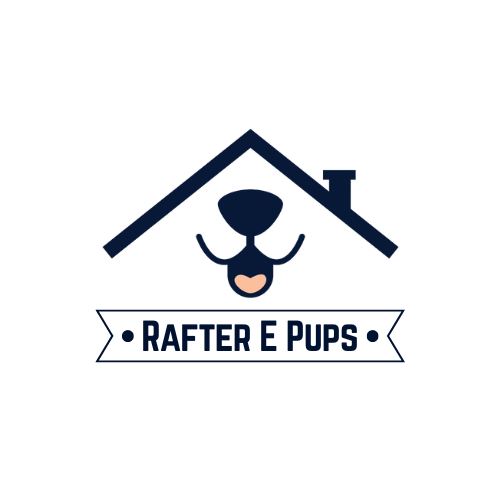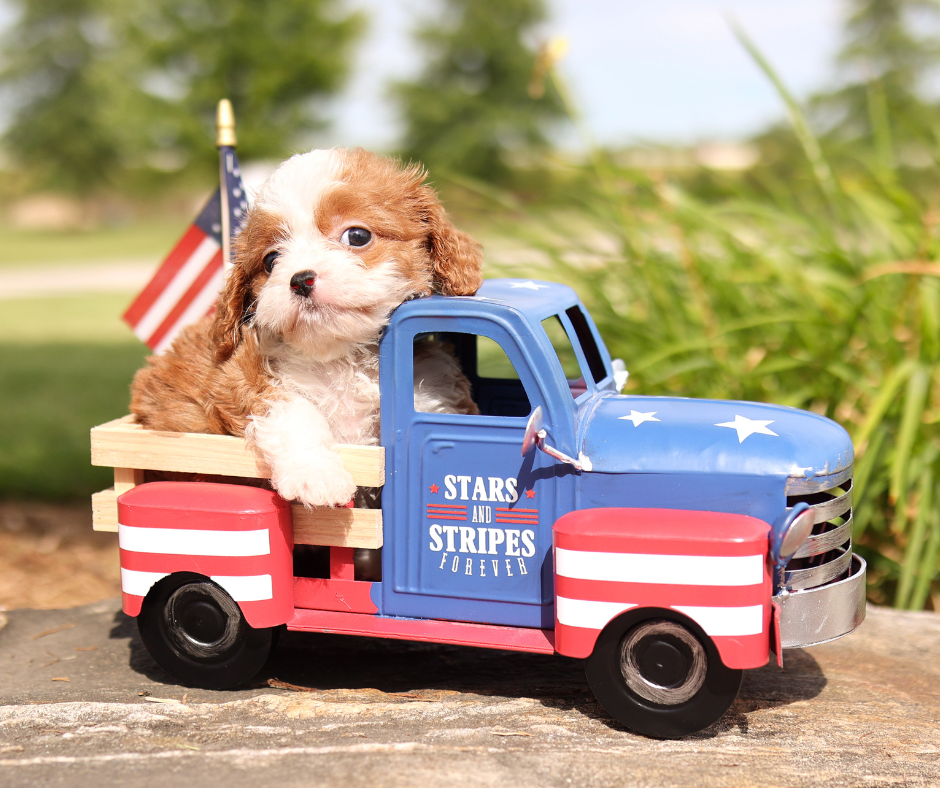Dogs, much like humans, are curious about what’s on our plates. Many pet owners wonder which human dishes are safe to share and which can be harmful. Understanding which items are safe and unsafe is crucial for maintaining your dog’s health and well-being.
Safe for dogs: lean meats, carrots, apples (no seeds), pumpkin, blueberries, peanut butter (no xylitol), green beans, sweet potatoes, plain yogurt, oatmeal. Unsafe: chocolate, grapes/raisins, onions/garlic, alcohol, avocados, xylitol, caffeine, macadamia nuts, cooked bones, dairy.
Safe Human Food for Dogs
Sharing your meals with your canine companion can be a heartwarming experience, but it's essential to know which human foods are safe for dogs. Understanding what your furry friend can enjoy without compromising their health allows you to offer treats that are both tasty and nutritious.
Lean Meats: Lean meats such as chicken, turkey, and beef can be a healthy addition to your dog’s diet, provided they are cooked without any seasoning, onions, or garlic. These meats are rich in protein and can help support muscle development and overall health.
Carrots: Carrots are not only crunchy and delicious but also packed with vitamins and fiber. They can serve as a low-calorie treat that aids in dental health by helping to scrape off plaque. Just be sure to cut them into small, manageable pieces to avoid choking hazards.
Apples: Apples are a great source of vitamins A and C, as well as fiber. They can make a refreshing treat for your dog, but it’s important to remove the seeds and core before offering them. Apple seeds contain cyanide, which can be toxic in large amounts.
Pumpkin: Pumpkin is excellent for dogs due to its high fiber content and beta-carotene. It can aid in digestion and help with gastrointestinal issues. Serve it plain, without any added sugar or spices.
Blueberries: Blueberries are packed with antioxidants and vitamins. They can be a tasty and healthy treat for dogs. They are low in calories and high in nutrients, making them a great choice for maintaining overall health.
Peanut Butter: Peanut butter is a good source of protein and healthy fats. Ensure that it does not contain xylitol, a sugar substitute that is toxic to dogs. Use it sparingly as an occasional treat.
Green Beans: Green beans are a great low-calorie treat that is rich in vitamins and minerals. They can be given cooked or raw, but should be served plain without any seasoning.
Sweet Potatoes: Sweet potatoes are rich in dietary fiber, vitamins, and antioxidants. They can help with digestion and provide a nutritious treat. Cook them thoroughly and avoid adding any spices or fats.
Plain Yogurt: Plain yogurt can be a good source of calcium and probiotics for dogs. Make sure it’s free from artificial sweeteners and flavors. Use it as an occasional treat or mix it into their food for added flavor.
Oatmeal: Oatmeal is a good source of fiber and can be beneficial for dogs with digestive issues. Serve it plain, without any added sugar or toppings, and make sure it’s cooked thoroughly.
Unsafe Human Food for Dogs
While sharing your meals with your dog can be tempting, some human foods can be harmful or even toxic to them. It's crucial to be aware of what should never be given to your furry friend to avoid serious health issues.
Chocolate: Chocolate contains theobromine, a compound that is highly toxic to dogs. The darker the chocolate, the higher the concentration of theobromine. Even small amounts can cause serious health issues, including vomiting, diarrhea, rapid breathing, and seizures.
Grapes and Raisins: Grapes and raisins can cause acute kidney failure in dogs. The exact substance causing the toxicity is unknown, but it’s best to avoid these completely. Even small amounts can be harmful.
Onions and Garlic: Onions and garlic contain compounds that can cause gastrointestinal upset and damage to red blood cells in dogs. This can lead to anemia and other health issues. Cooked, raw, and powdered forms should be avoided.
Alcohol: Alcohol can be extremely dangerous for dogs, causing symptoms such as vomiting, diarrhea, difficulty breathing, and even coma. The effects can be severe, and even small amounts can be harmful.
Avocados: Avocados contain a substance called persin, which can be toxic to dogs in large quantities. It can cause gastrointestinal issues and potentially more severe health problems.
Xylitol: Xylitol is a sugar substitute found in many sugar-free products, including gum and candies. It can cause a rapid insulin release in dogs, leading to hypoglycemia (low blood sugar), which can be life-threatening.
Caffeinated Beverages: Caffeine, found in coffee, tea, and some sodas, can be harmful to dogs. It can cause restlessness, rapid breathing, heart palpitations, and muscle tremors. Even small amounts can be dangerous.
Macadamia Nuts: Macadamia nuts can cause a range of symptoms in dogs, including weakness, tremors, vomiting, and fever. The exact toxin responsible is unknown, but they should be avoided.
Bones: While the idea of a bone might seem appealing to your dog, bones from cooked meat can splinter and cause blockages or tears in the digestive tract. Cooked bones should never be given to dogs, although raw bones might be safer if given under supervision.
Dairy Products: Many dogs are lactose intolerant, meaning they can have difficulty digesting dairy products. This can lead to gastrointestinal upset, including diarrhea and vomiting. It’s best to limit or avoid dairy in your dog’s diet.
How to Safely Incoporate Human Food to Your Dog’s Diet
Incorporating human food into your dog's diet can be a delightful way to enhance their meals, but it should be done thoughtfully and cautiously. Start by introducing new items gradually, observing how your dog reacts to each addition. Begin with small amounts of safe foods, such as plain cooked meats or vegetables like carrots and green beans, to ensure they don’t cause any digestive issues. Always avoid adding seasonings, salt, or sauces, as these can be harmful to dogs. It's crucial to consult your veterinarian before making significant changes to your dog’s diet to ensure the new additions meet their nutritional needs.
When integrating human food, focus on variety and balance. Use safe foods as occasional treats or meal enhancers rather than replacing their regular dog food, which is specially formulated to meet all their dietary requirements. Avoid giving large quantities of any single human food item and ensure that the treats make up no more than 10% of their daily caloric intake. By carefully selecting and monitoring the human foods you share with your dog, you can provide them with tasty, nutritious treats while maintaining their overall health and well-being.
Sharing your meals with your canine companion can be a rewarding experience, but it’s crucial to be informed about what is safe and what is not. By choosing appropriate items and avoiding harmful ones, you can help ensure your dog stays healthy and happy. Always consult with your veterinarian before introducing new items into your dog’s diet to ensure they are appropriate for your pet’s specific health needs. With a little care and knowledge, you can safely enjoy mealtime with your furry friend by your side.

